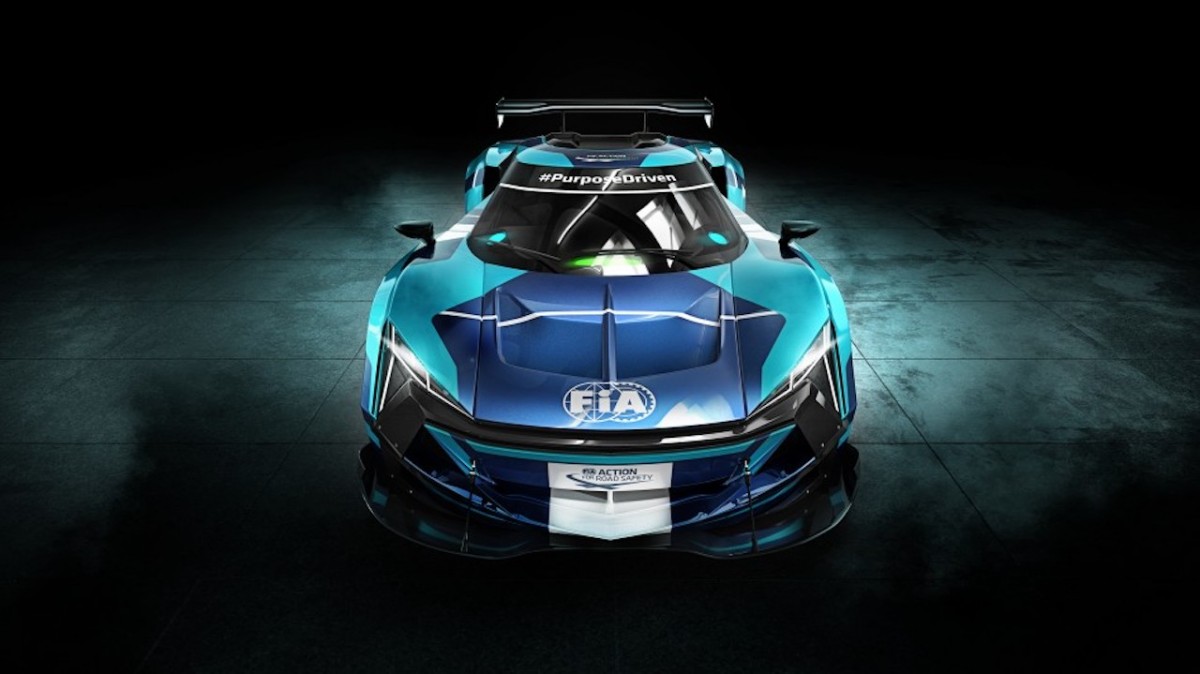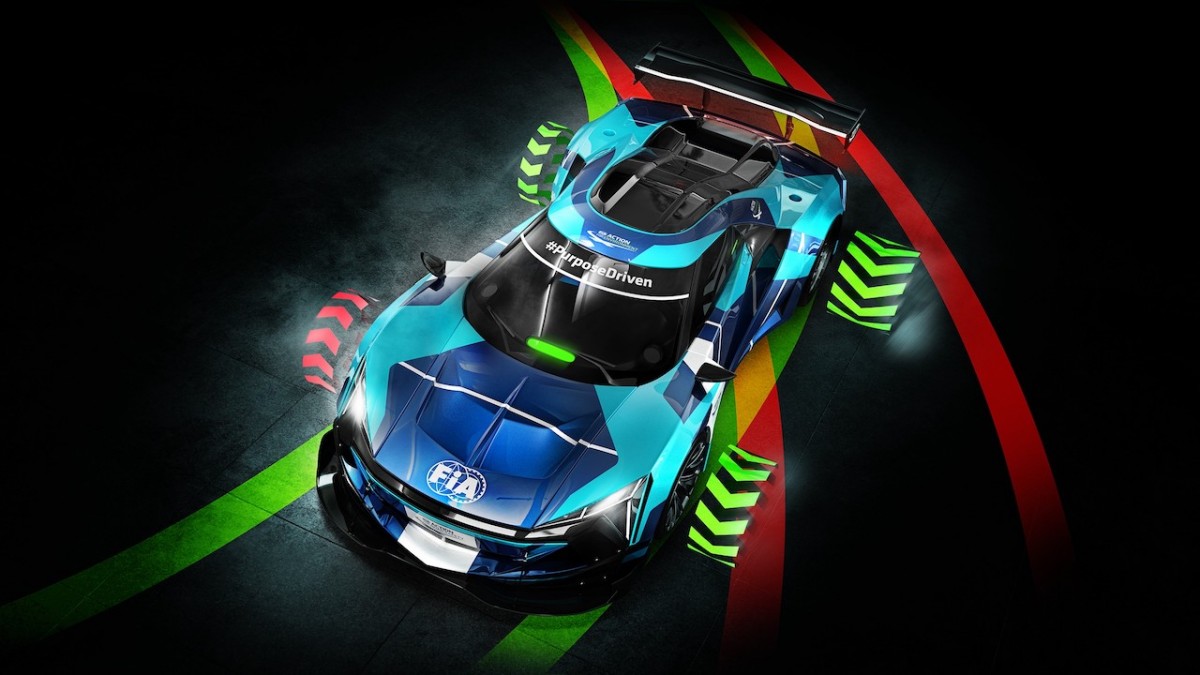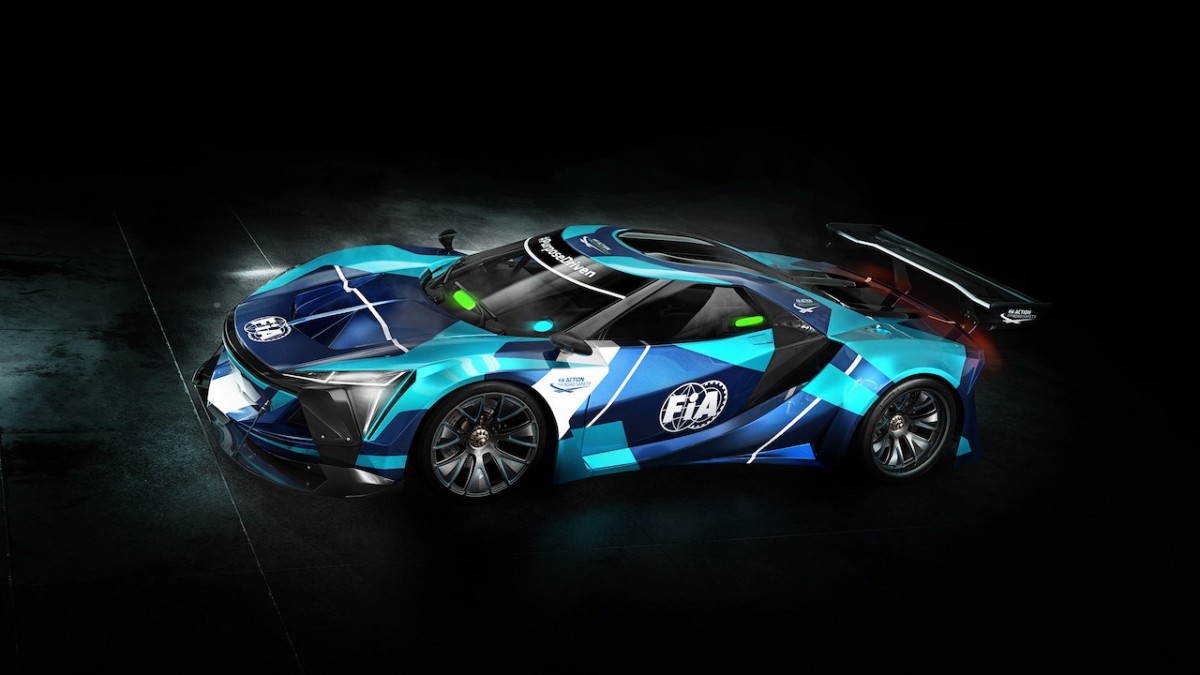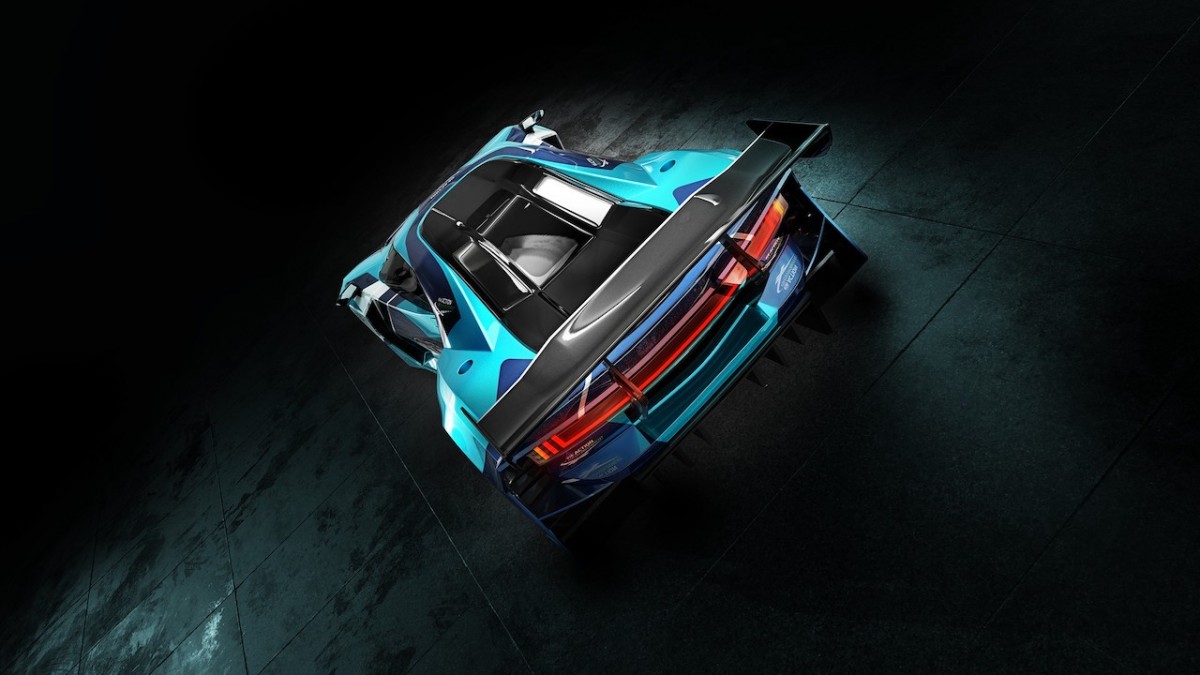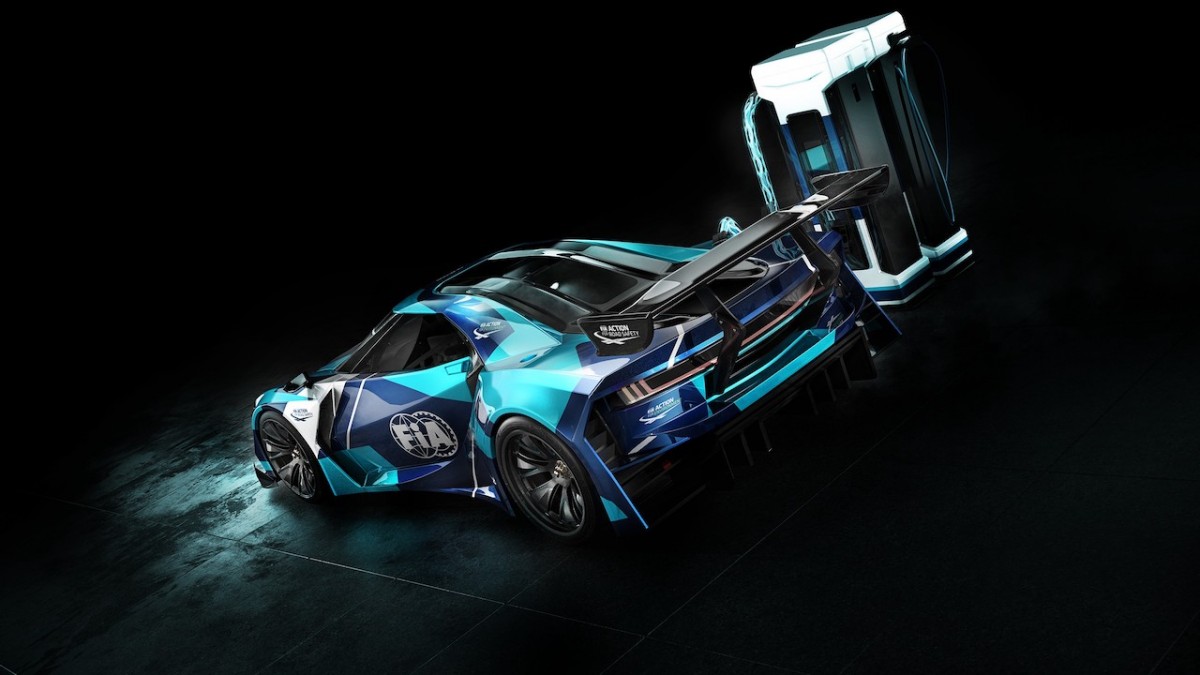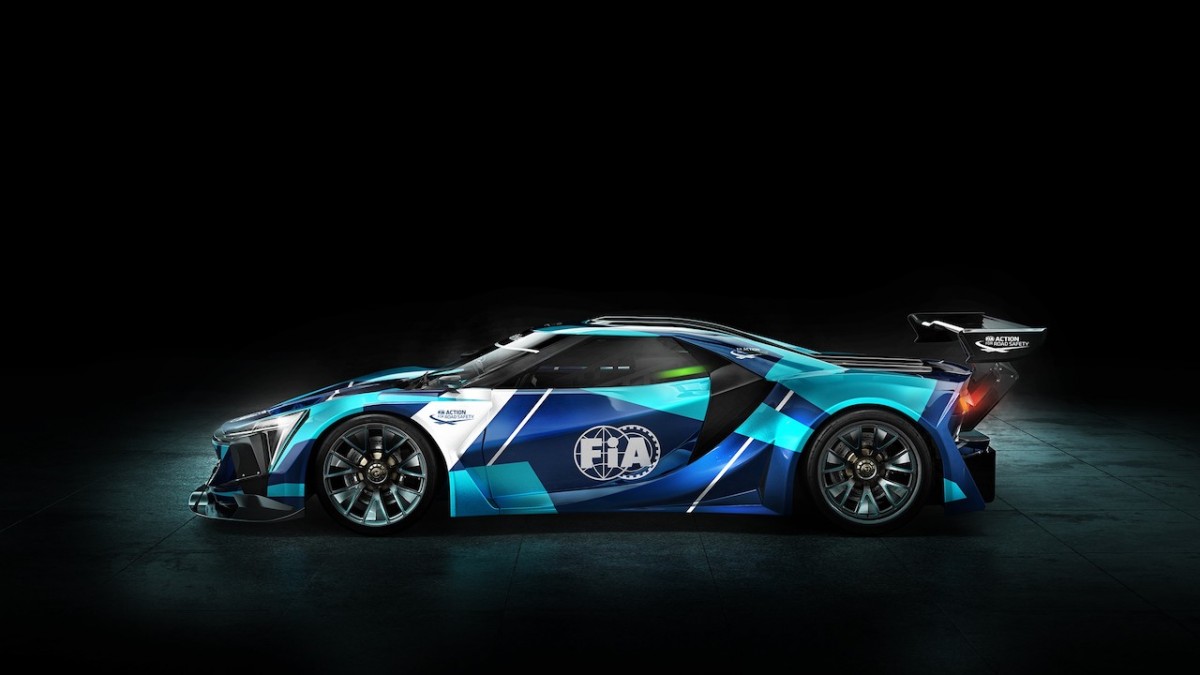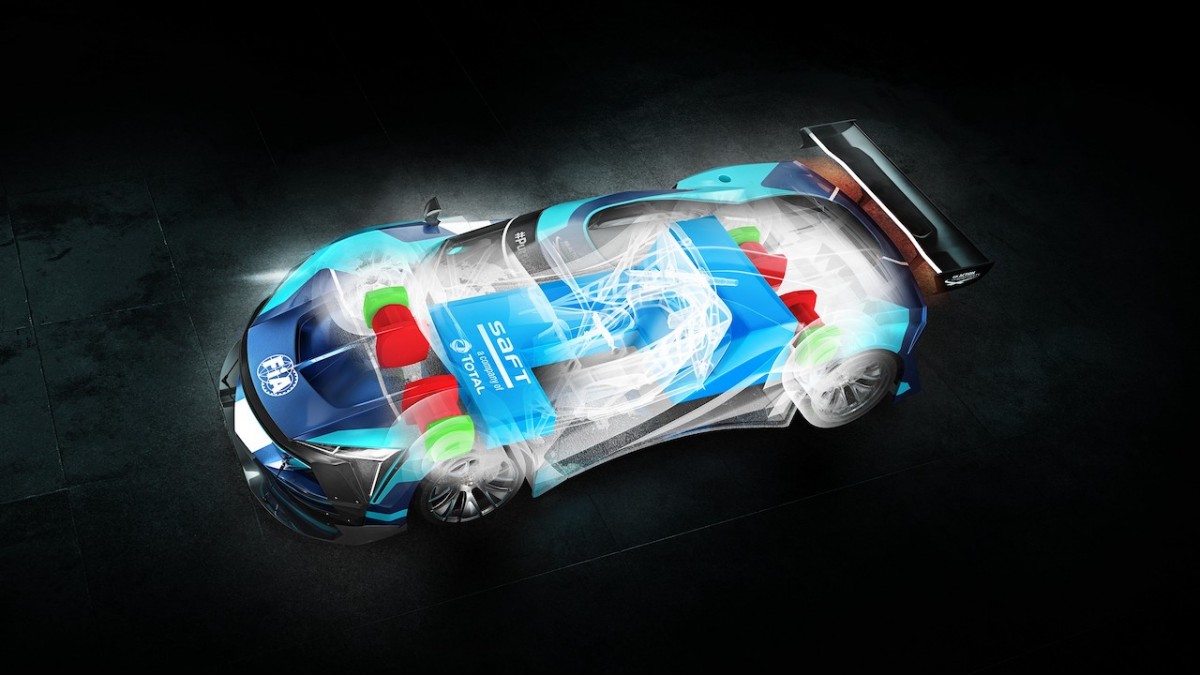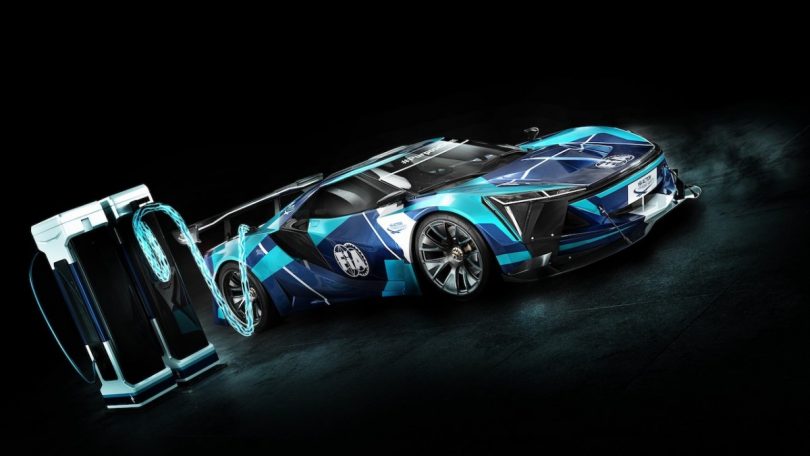Paris-headquartered Motorsport governing body, FIA (Fédération Internationale de l’Automobile) is devising all-new technical regulations for electric-powered GT cars. This will include the battery, motor, minimum weight, other technical innovations and fast charging systems. This will help manufacturers serve as a platform to develop technology for high-performance road cars.
Electric GT Racing Category
The Electric GT Racing cars will have a similar performance window as their ICE-powered GT3 cars of the current generation. But the electric GT cars will exceed the ICE cars in terms of acceleration and qualifying pace. The cars following the set of technical regulations will also compete at full-length permanent circuits, setting new benchmarks in terms of performance and range in the motorsport industry.
Cost Control & Technology
Manufacturers will be directly involved in developing electric GT racing cars. This not only gives them a chance to express themselves through innovation and design but also bring cutting edge technology into play. Therefore, FIA will be devising technical rules to prevent cost escalation in the development of electric GT racing cars.
Technical Specifications of electric GT Racing Category
The electric GT racing car can be based on a Road-Going car. The manufacturer can also convert a GT3 racing car into a fully electric car for the purpose. But, the minimum weight of the car should be between 1,490 kg to 1,530 kg. The powertrain can feature up to four electric motors and comes with rear-wheel drive or four-wheel drive technology. The power unit output can only reach a maximum power of 430kW with a peak regeneration of 700kW. The battery capacity will be capped at 87kWh total with a fast recharge capability of 700kW.
Battery Technology
The new category will not rely on standardised battery systems. Instead, Saft, a subsidiary of Total, will allow the manufacturers to build their own bespoke battery layouts featuring Saft’s battery cells. Saft has developed bespoke lithium-ion pouch cells that allow 700kW peak regen and 700kW fast recharging. This means the battery can achieve a 60% state of charge in a matter of minutes during a mid-race pit stop. Manufacturers will also have the freedom to choose their own powertrain & transmission configurations.
According to FIA, the electric GT Racing category estimates cars accelerating from 0-100 in just 2.4 seconds and able to do a top speed of 300 kmph.
